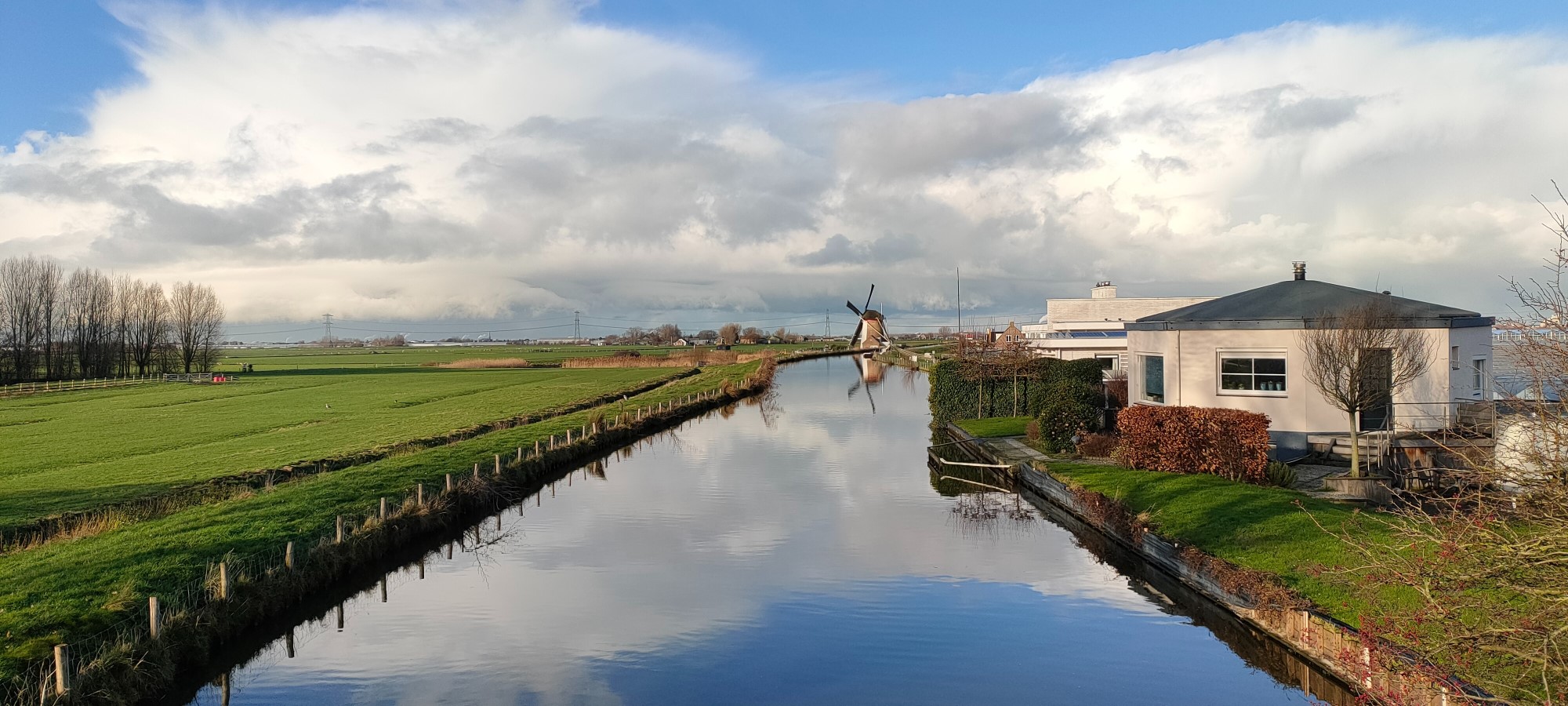
The Interreg Europe programme is getting support on a regional and European level as cross-border cooperation has the potential to boost regional economies and help them build long-term competitive advantages.
But geographic proximity on its own will not ensure cooperation.
Researchers have identified hybridisation as being key to building stronger ties, increasing cooperation and boosting innovation. This concept means acknowledging regional differences in areas such as social and economic structures, technological capacity, political outlook and cultural identities, and seeing differences as assets.
Researchers analysed if, and under which conditions, hybridisation takes place in the Euregio Rhein-Waal, which covers 8663 km2 and has a population of 4.2 million people.
The study was funded by the Interreg V A programme Deutschland-Nederland and carried out by a team of academics from universities in Italy, the Netherlands and Finland.
Different partners and mindsets
In the Dutch region, government and academia support agri-food innovation, as seen in the establishment of spaces dedicated to agri-food innovation.
SMEs in the German region consider other SMEs and larger businesses their innovation partners. SMEs tend to believe that universities focus too much on theory and are disconnected from their business reality.
This tendency appears to be changing, partly due to EU innovation funding, the researchers state. A great example is the agricultural European Innovation Partnership (EIP-AGRI).
Strategic and continuous cooperation between academia, industry, and government is more common in the Dutch region and the Netherlands as whole. In contrast, the Germans favour ad-hoc cooperation and have clear-cut boundaries between institutions.
SMEs in the Dutch region were found to be more open-minded, willing to experiment, learn and cooperate.
On the German side, actors had more structured work approaches and were quality- and data-driven. They have long-established processes and firm regulations, and tend to stick to them, the researchers noted.
Obstacles remain
Differences in institutional arrangements, legal and regulatory frameworks for funding, education and employment are one of the biggest obstacles to cross-border cooperation.
Functioning cross-border networks are in their infancy, to the detriment of SMEs, who could use them to identify opportunities and partners. The researchers found that SMEs in particular on the Dutch side believe the Interreg programme is the best instrument for cross-border cooperation and provides the best innovation support.
Learning from one another
Both sides have many best practices to share. The Dutch have a fantastic agri-food industry backed by academia and government innovation funding. The Germans have strong business associations that give SMEs access to resources, knowledge and partners.
Cooperation can be improved by establishing a centralised database of research and business contacts and holding regular events and workshops to connect SMEs with bigger companies and potential customers, the researchers conclude.
The researchers believe that establishing a ‘cross-border innovation space’ coupled with hybridisation provide opportunities for increasing regional cooperation.
Find out more: https://www.mdpi.com/2071-1050/13/9/4899